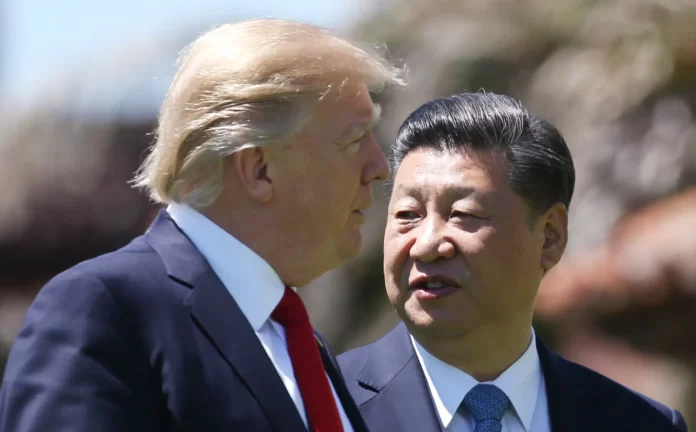U.S. President Donald Trump said Friday that Chinese President Xi Jinping agreed to allow rare earth minerals and magnets to flow to the United States, a move that could ease tensions between the world’s two largest economies.
Speaking to reporters aboard Air Force One, Trump confirmed the agreement when asked directly, replying, “Yes, he did.”
The announcement came a day after a rare phone call between the two leaders, part of ongoing efforts to resolve trade disputes that have intensified in recent weeks. Trump said the talks had reached “a very positive conclusion,” adding that “there should no longer be any questions respecting the complexity of Rare Earth products.”
In a further sign of de-escalation, China granted temporary export licenses to rare-earth suppliers serving the top three U.S. automakers, according to two sources familiar with the matter.
Senior U.S. and Chinese officials are scheduled to meet in London on Monday for further discussions. Trump said, “We’re very far advanced on the China deal,” suggesting more progress could follow.
Financial markets rallied after the two sides struck a deal on May 12 in Geneva to roll back most of the tit-for-tat tariffs for 90 days, easing fears of a prolonged trade war.
Despite the diplomatic progress, the fallout from China’s April decision to suspend exports of several critical minerals and magnets continues to disrupt supply chains, affecting automakers, semiconductor manufacturers, and defense contractors worldwide.
Trump previously accused Beijing of breaching the Geneva accord by halting mineral shipments and responded by ordering export restrictions on chip-design software and other technologies. China rejected the accusation and threatened countermeasures.
Rare earths and other critical minerals have become a point of leverage in the trade talks, as shortages threaten to slow economic activity and increase domestic political pressure on the White House.
Since returning to office in January, Trump has frequently threatened trade penalties against major partners, often reversing course at the last moment. The unpredictable strategy has left global leaders uneasy and business executives uncertain about future policy direction.




